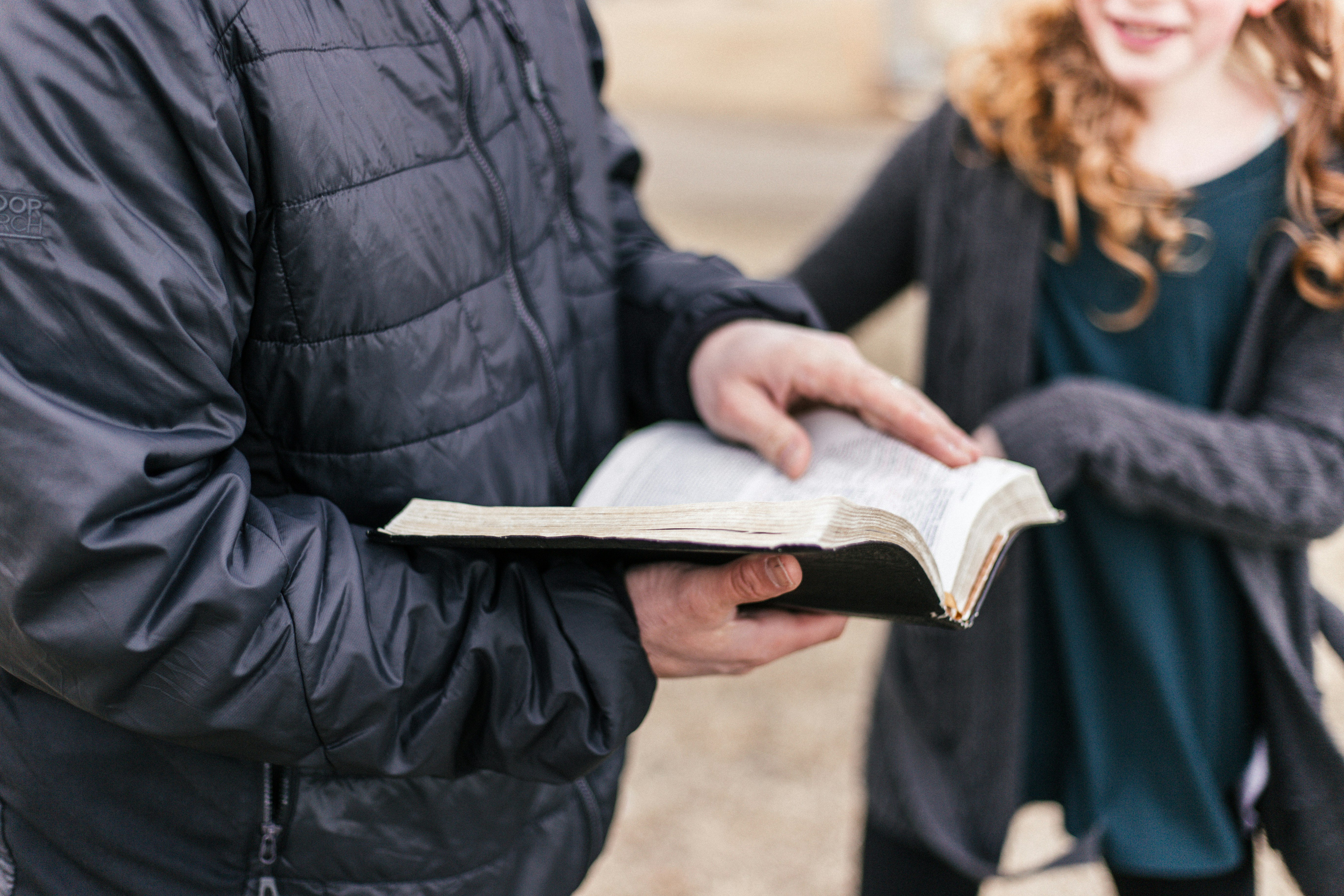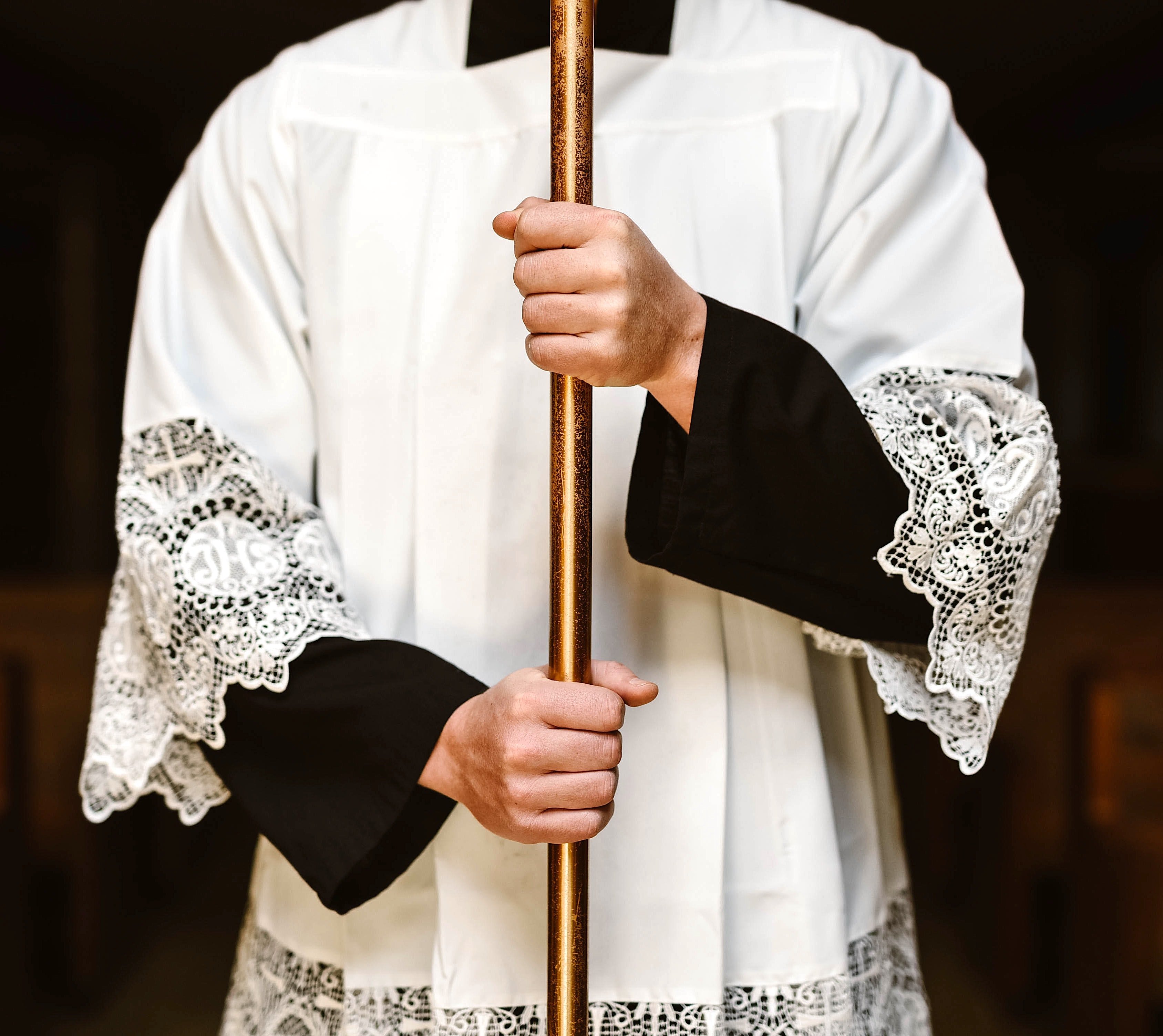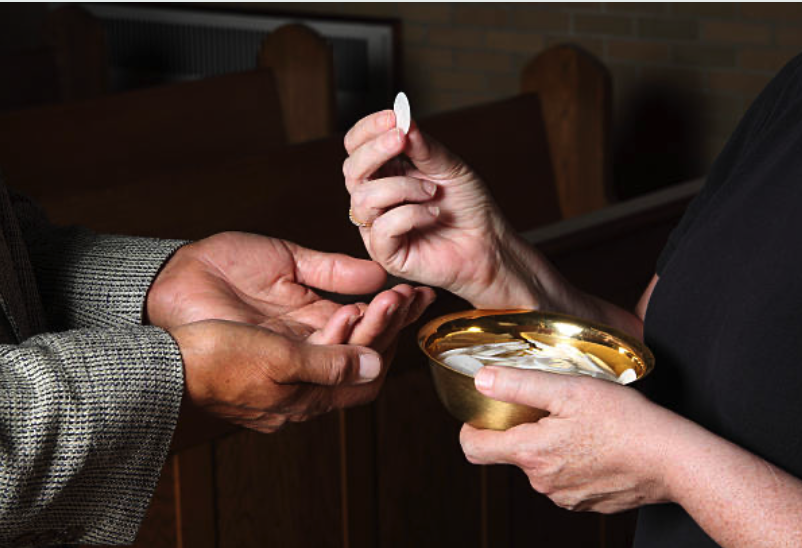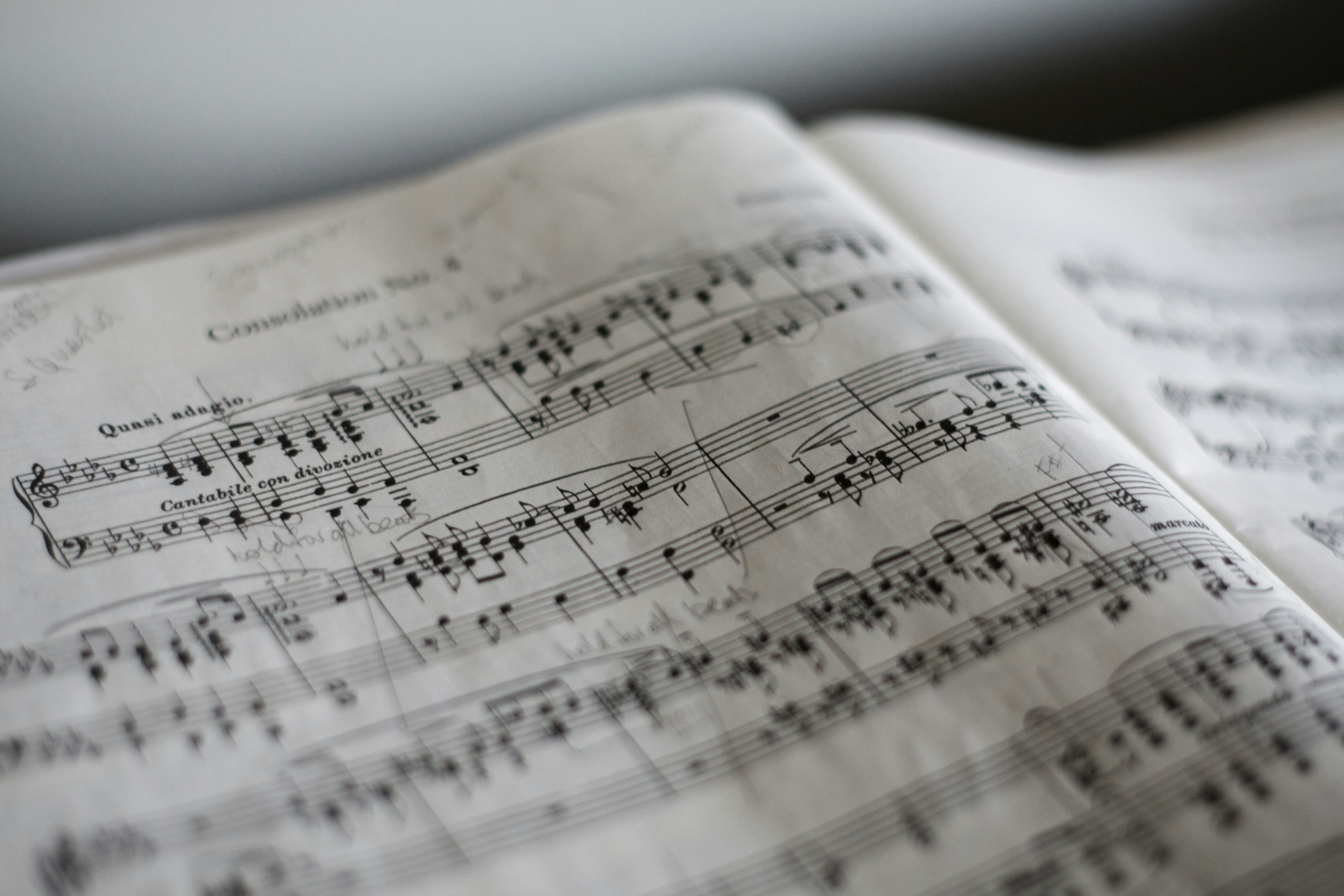Catechist
The CATECHISM OF THE CATHOLIC CHURCH highlights catechists’ vital role in preparing individuals for the Sacraments of Initiation: Baptism, Confirmation, and Eucharist. Catechists provide essential instruction on faith foundations, foster spiritual growth, and nurture conversion toward Christ. They accompany candidates, especially in the RCIA process, helping them integrate into the Church community and participate fully in its liturgical life. Through this guidance, catechists enable a deeper understanding of the sacraments and support a lasting, committed relationship with Christ. If you feel called to become a Catechist, please contact the Parish Office.
Registration Form








